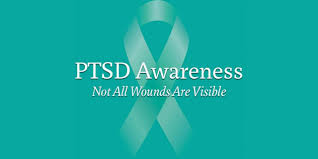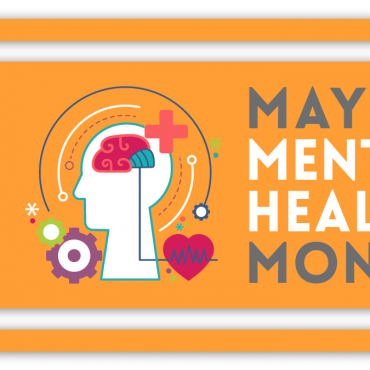By Rachel Daelemans
This month of June we turn our focus to PTSD awareness and Men’s Mental Health Month. PTSD is acquired in response to a traumatic event in one’s life. While reactions to trauma are natural, people who suffer from PTSD experience reoccurring instances of fight-or-flight responses even when there is no present danger. This is an exaggerated response to stimuli that would not usually be interpreted as threatening. These arousal and reactivity symptoms include feeling tense, insomnia, being easily startled, and outbursts of anger. These are constant, making daily life difficult. Symptoms of re-experiencing the traumatic event include flashbacks, nightmares, and negative thinking. According to the National Center for PTSD, 7-8% of the population will experience it sometime within their lives. The common causes of this affliction are combat experience (many veterans suffer), those who have survived physical or sexual assault or abuse, accidents, disasters, or other deeply traumatizing events. Though it is usually acquired, women are more likely to develop PTSD and there are genes some are born with that make them more susceptible.
We all live through trauma, so why doesn’t everyone have some degree of PTSD? Well, there are factors that position its development; risk factors, the severity of the incident and the treatment received afterwards.
Risk Factors:
- Past trauma
- Physical Injury
- Seeing an injured person/ corpse
- Feeling horror, helplessness, and/or extreme fear during or after
- Having no support afterwards
- A history of mental illness and/or substance abuse
Here are some ways for PTSD patients to promote recovery:
- Seeking support from friends and family
- Support groups
- Learning to accept the way they reacted at the time of the incident
- Learning positive coping strategies
- Processing and communicating about the experience
PTSD patients have experienced a terrible trauma which severely inhibits their lives, however, considering the wide spectrum on which mental states manifest themselves, the subconscious can cling to any amount of trauma if left untreated. This condition is one that is not yet completely understood, and so this month we should take extra care to make PTSD feel safe.



